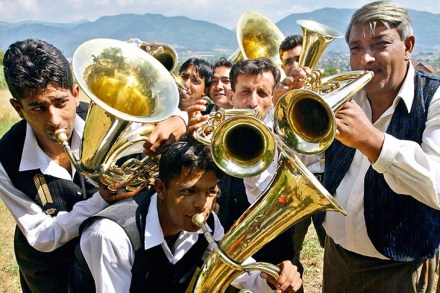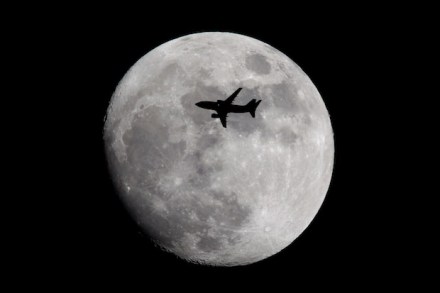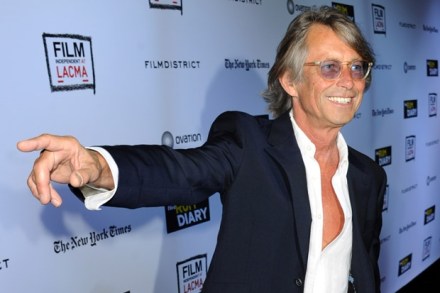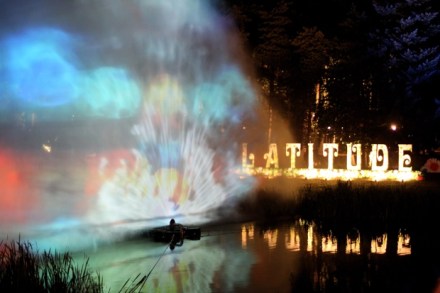Balkan brass
When brass instruments with button-operated valves were introduced in the first half of the 19th century, music-making changed. Once requiring a semi-professional approach, it could now be quickly mastered by large groups of working people. A noisy result were Britain’s colliery bands: but a more spirited upshot was Serbia’s trumpet tradition. Like the colliery bands, Serbian brass music had a political imperative — re-weaving national identity after 500 years of Turkish occupation. The leader who first hit on trumpets as a vehicle for this joie-de-liberté was Prince Milos Obrenovic, who created the first Serbian brass ensembles in 1831. They took swift hold, providing an outlet for everyday south Slav exuberance. The



















